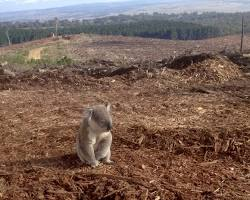Resources for Unit 10. Planet Earth – Global Success 9
1. Vocabulary for Unit 10. PLANET EARTH
1.2. Vocabulary for Week 27. Lessons 4 - 7. U10. Global Success 9
ecosystems
(n) /ˈɛkəˌsɪstəm/ = a community of living organisms (hệ sinh thái)A forest is a complex ecosystem that provides habitat for many different species of plants and animals.
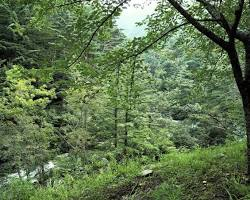
biodiversity
(n) /baɪ.oʊˈdɪvər.sɪti/ = the variety of life forms (đa dạng sinh học)The Amazon rainforest is known for its incredible biodiversity.

conservation
(n) /kən.sɜrˈveɪ.ʃən/ = protection, preservation (bảo tồn)Conservation efforts are underway to protect endangered species.
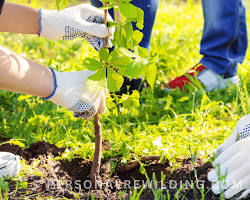
sustainable
(a) /səˈsteɪ.nə.bəl/ = able to be maintained at a steady level without being exhausted or damaged (bền vững)We need to find more sustainable ways of living in order to protect the environment.

endangered species
(n) /ɪnˈdeɪndʒəd ˈspiːʃiːz/ = a type of animal or plant that is at risk of disappearing forever (các loài có nguy cơ tuyệt chủng)The giant panda is an endangered species.
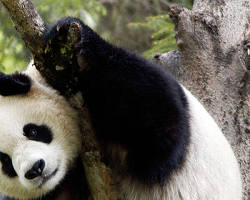
deforestation
(n) /dɪˌfɔrɪˈsteɪ.ʃən/ = the cutting down of trees (phá rừng)Deforestation is a major threat to the environment.
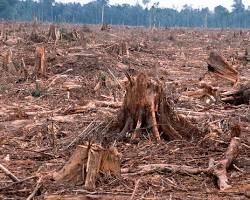
pollutants
(n) /pəˈlutənts/ = substances that make something dirty or impure (chất gây ô nhiễm)Car exhaust fumes are a major pollutant in cities.
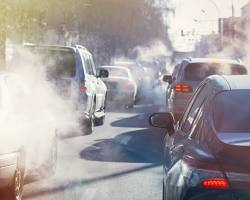
ecosystems services
(n) /ˌɛkəˌsɪstəm sərvɪsɪz/ = the benefits that people get from ecosystems (dịch vụ hệ sinh thái)Healthy ecosystems provide us with a number of essential services, such as clean air and water.
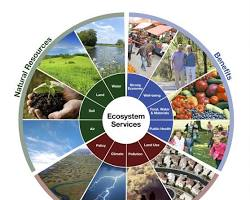
habitat destruction
(n) /ˈhæbɪ.tat dɪˈstrʌk.ʃən/ = the damage of natural home (phá hủy môi trường sống)Habitat destruction is a major cause of extinction.
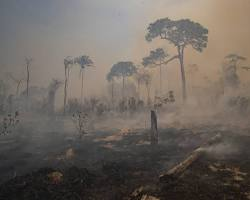
environmental impact
(n) /ɪn.vaɪ.rənˈmɛntəl ˈɪmˌpækt/ = the effect on the environment (tác động môi trường)It is important to consider the environmental impact of our actions.
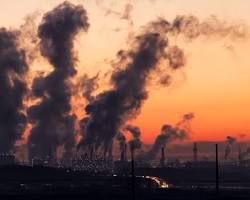
natural resources
(n) /ˈnætʃ.ərəl rɪˈzɔːrsɪz/ = materials in nature (tài nguyên thiên nhiên)We need to conserve our natural resources for future generations.
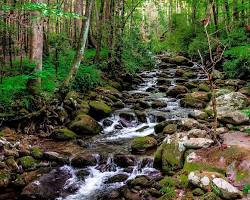
renewable energy
(n) /rɪˈnjuː.ə.bəl ˈɛnər.dʒi/ energy that can be replaced naturally (năng lượng tái tạo)Solar and wind power are examples of renewable energy.
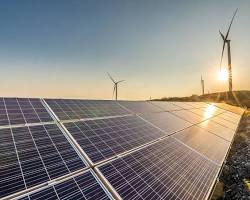
conservation efforts
(n) /kən.sɜrˈveɪ.ʃən ˈɛf.ərts/ = actions to protect the environment (nỗ lực bảo tồn)Conservation efforts are needed to protect endangered species.
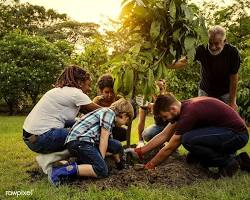
climate action
(n) /ˈklaɪ.mət ˈæk.ʃən/ = action taken to address climate change (hành động về khí hậu)We need to take climate action now to avoid the worst effects of climate change.
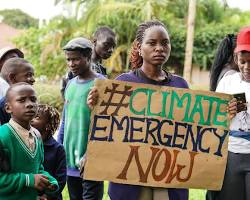
wildlife
(n) /ˈwaɪld.laɪf/ = animals that live in the natural world (động vật hoang dã) Many species of wildlife are threatened by habitat loss.